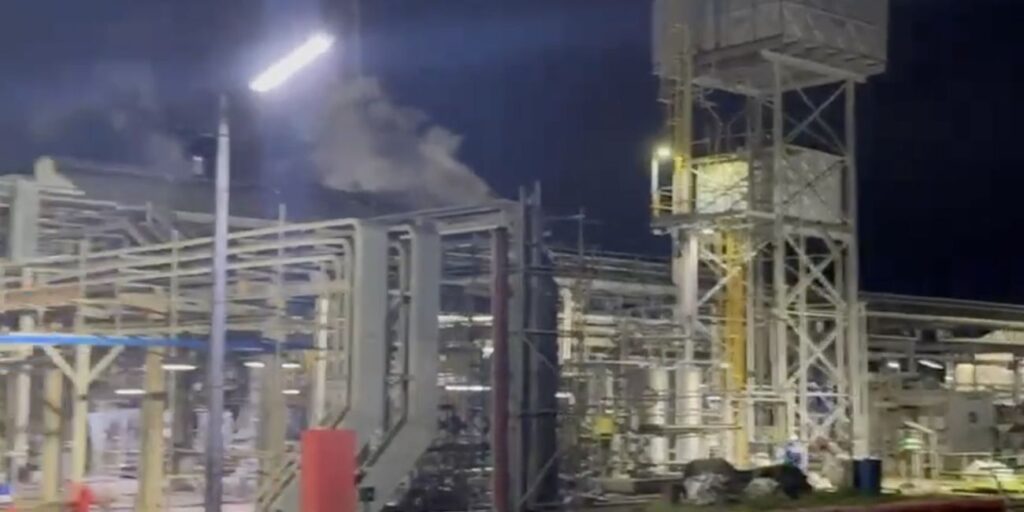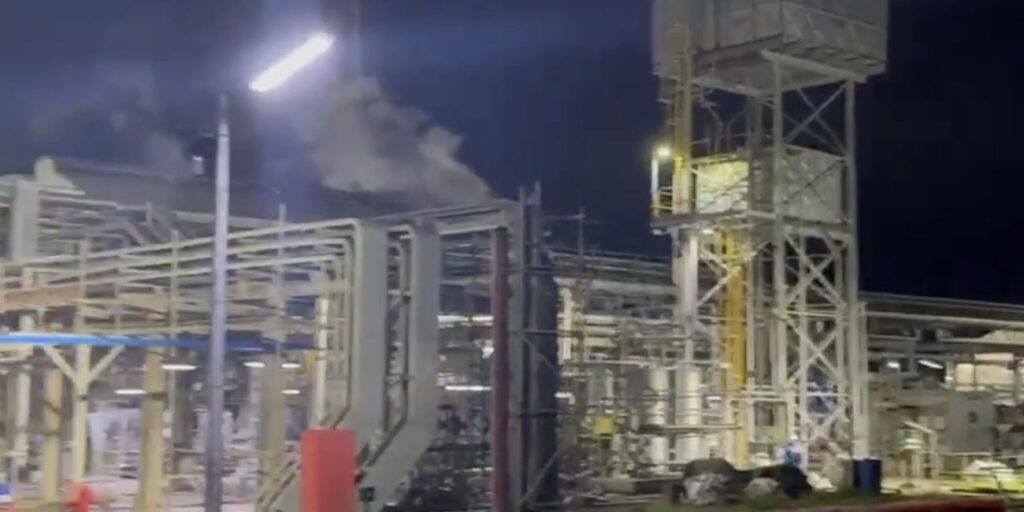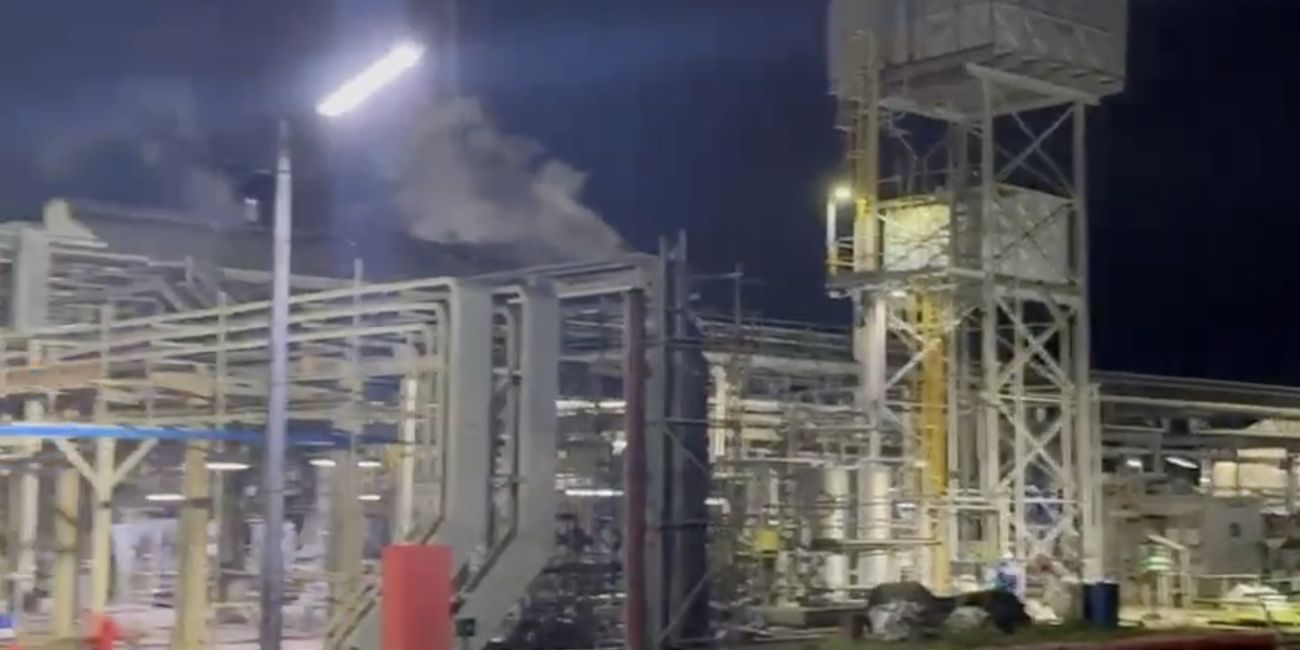
SaharaReporters has uncovered that the Port Harcourt Refinery in Rivers State, recently announced as operational, is not the newer facility built in 1989 with a capacity of 150,000 barrels per day. Instead, the Nigeria National Petroleum Company Limited (NNPCL) has resumed operations at the older refinery, constructed in 1965, which produces only diesel and has a capacity of 60,000 barrels per day.
According to sources within the refinery, the widely publicized crude oil processing at the Port Harcourt Refinery refers solely to the 1965 facility. NNPCL’s Chief Corporate Communications Officer, Femi Soneye, had on Tuesday announced that the refinery had commenced operations, operating at 60% capacity and processing 60,000 barrels per day.
“Port Harcourt Refinery Begins Production; Truck Loading Starts Today, Tuesday,” Soneye declared via his X handle

However, insiders have disclosed that the government, led by President Bola Tinubu, is engaging in propaganda, as the newer refinery with a capacity of 150,000 barrels per day remains far from operational.
“The plant is running, but it’s the old one with a capacity of 60,000 barrels per day. It can only produce diesel; you can’t get PMS (petrol) from it. The part that produces PMS hasn’t started,” a source revealed.
“The refinery is in two parts: the old one built in 1965 with a 60,000-barrel capacity, and the new one from 1989 with a capacity of 150,000 barrels per stream day. If the newer refinery were operational, it could produce 10 million liters of PMS daily. But as of now, the announcements refer to the old refinery, which we’ve been struggling to commission for months,” another source explained.
The source added that the new refinery is unlikely to be ready before 2026. “Even if we commission the old refinery, its impact will be minimal. It won’t significantly address Nigeria’s fuel needs.”
This announcement follows repeated missed deadlines for the commencement of production at the Port Harcourt Refinery, highlighting ongoing challenges in the country’s oil sector.





